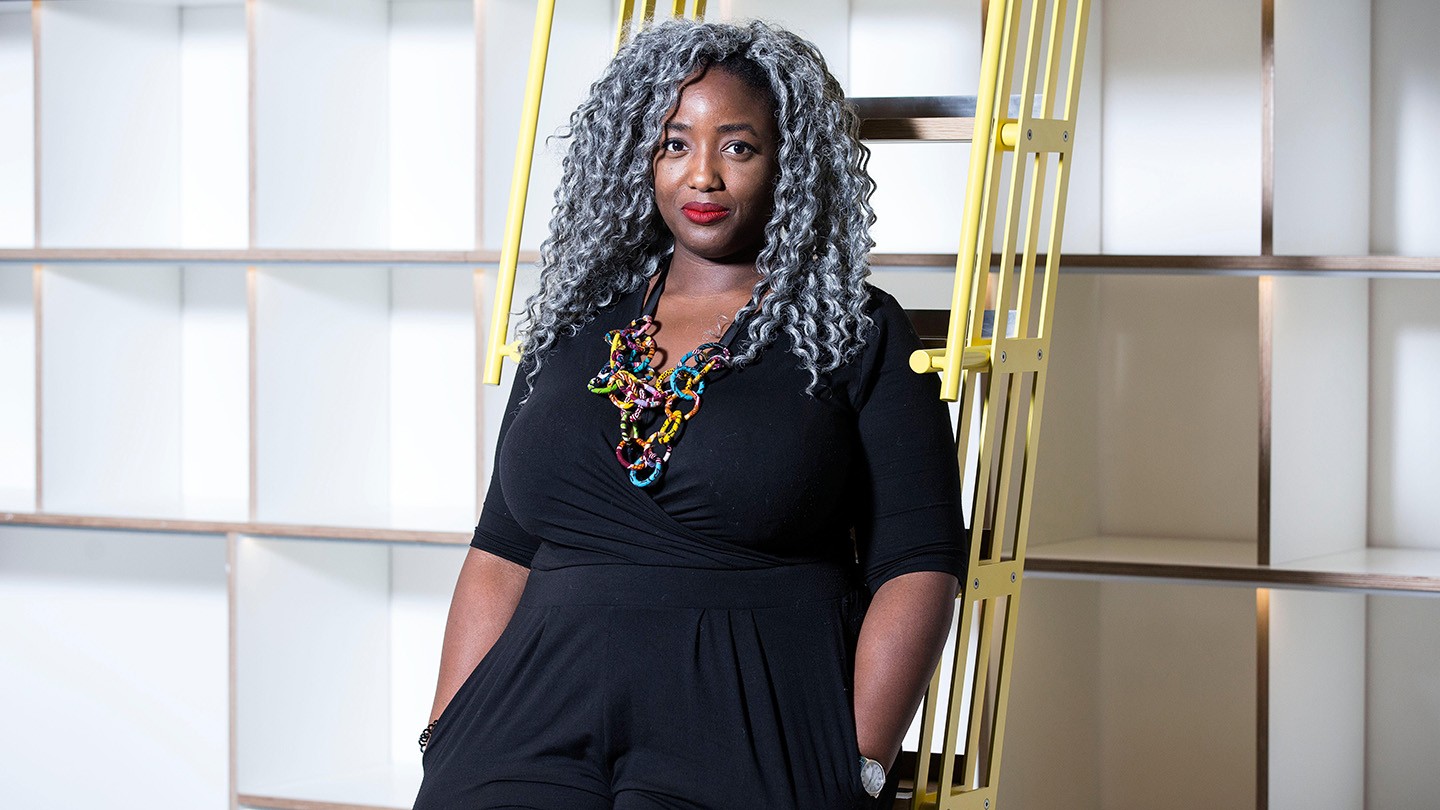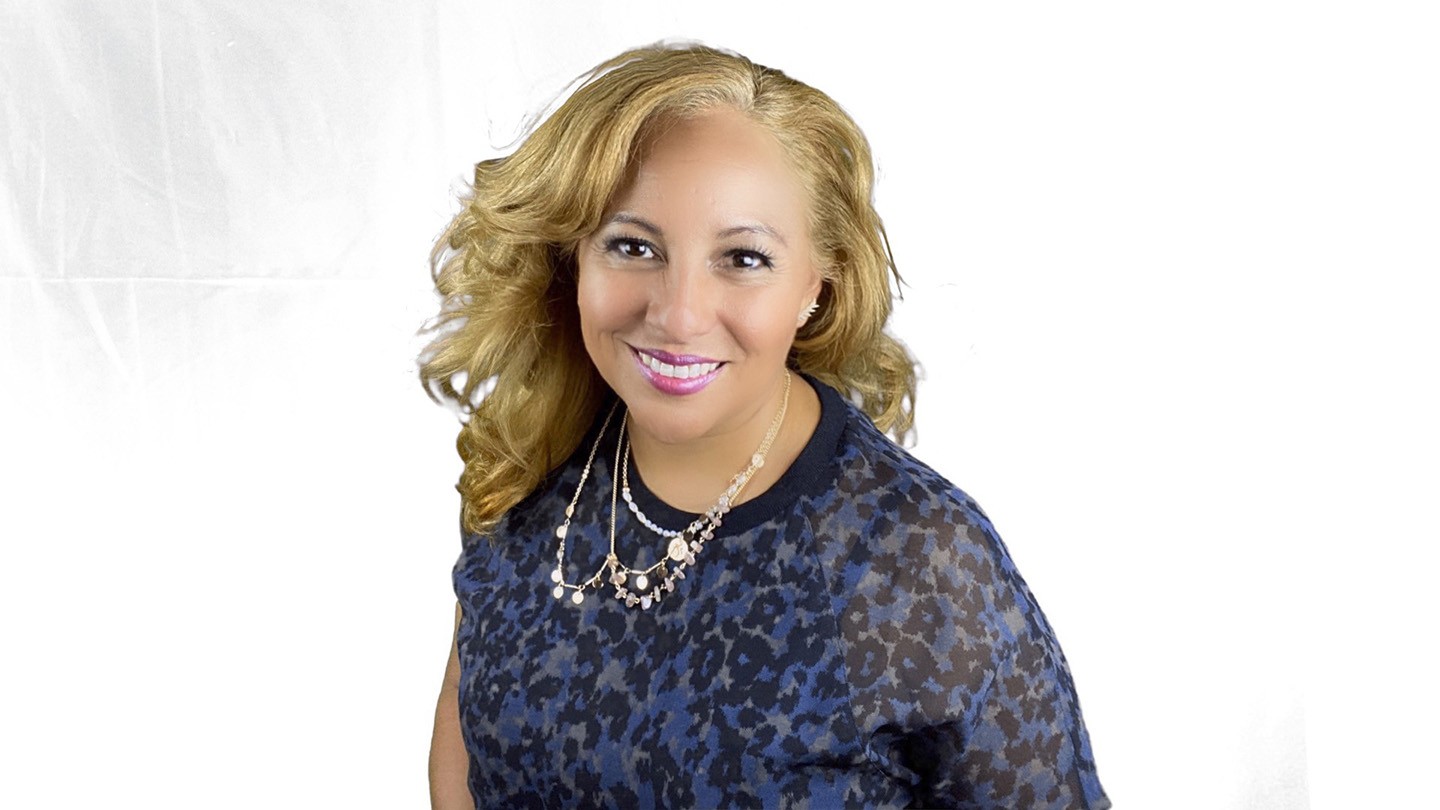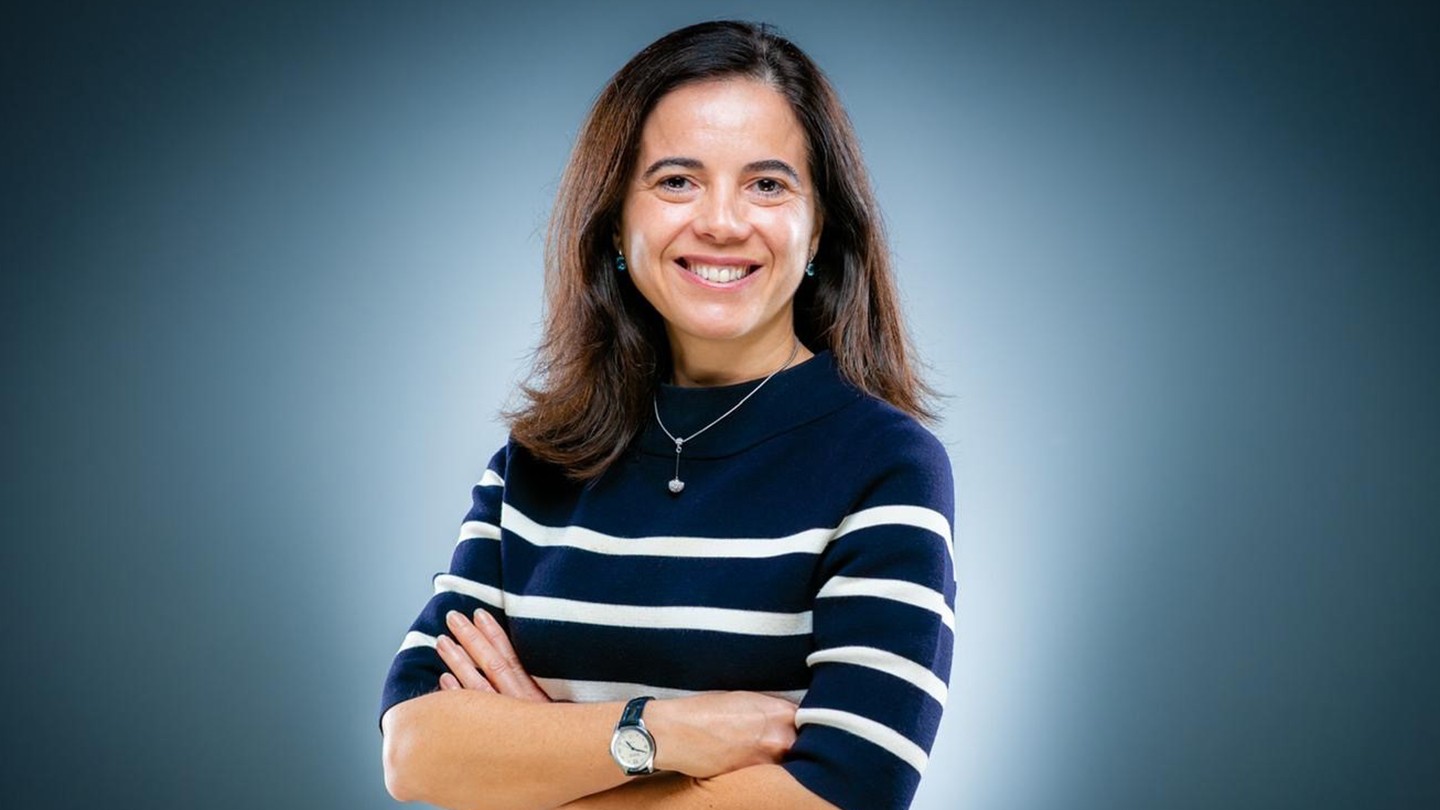
Innovation
Why fintech needs diverse thinkers
Diversity of representation and thought within fintech is vital in creating the products and services that suit the modern world. Encouraging entrepreneurs from diverse backgrounds can address gender, cultural and ethnic divisions in the provision of financial services.
“Poor media portrayals, outdated cultural norms and stereotypes, unwelcoming cultures and a lack of proper leadership”, says Dr Anne-Marie Imafidon MBE, “are just a few factors that have led to homogenous finance and technology sectors. So, it’s unsurprising that at their intersection – fintech – we see the same pattern of underrepresentation.”
Imafidon is a computer scientist and Co-Founder of Stemettes, a social enterprise that – until the pandemic hit – joined with Rise, Barclays’ global fintech platform, to provide two-day hackathons where 60 young girls create, build and present a functional fintech product. In the latest edition of Rise FinTech Insights, she is among a host of names considering the cost of underrepresentation in the industry – a cost borne by both companies and consumers. Alongside Barclays, she and many others are looking to find solutions to the diversity gap.

Poor media portrayals, outdated cultural norms and stereotypes, unwelcoming cultures and a lack of proper leadership are just a few factors that have led to homogenous finance and technology sectors
Co-Founder of Stemettes
The report provides “insights and resources on promoting gender, cultural and ethnic diversity across a range of activities, from hiring employees and funding entrepreneurs to boosting financial literacy in communities”, says Barclays CEO, Jes Staley. Alongside investors and Barclays colleagues, it features the views of a range of founders, some of whom are from the global Rise fintech ecosystem, whose impact is felt across the financial services industry.
Fighting bias
With the increasing sophistication of artificial intelligence (AI) and its integration into banking processes, Ana Perales, AI Horizontal and Conception X Lead for Barclays Ventures, sees the potential for biases in the technology to amplify existing social inequality, and erode trust between humans and machines. “Only when we begin considering diversity and allowing for it in algorithmic models can we begin decoding bias in AI,” she says.
One study into US mortgages identified by Perales found that both online and face-to-face lenders charged significantly higher interest rates to African American and Latino borrowers. She says that “this highlights how algorithmic bias can mimic the bias in manual processes carried out by humans, and can potentially amplify it as the algorithm is deployed at scale”.
Her solution? “Early identification of bias is made easier if the teams developing the algorithms are diverse in their thinking. Diverse teams with a range of backgrounds and experiences are in a better position to assess the impact of biased algorithms on potential outcomes, and recognise patterns and risks unique to their different experiences.”
Long-term value
Ramona Ortega, Founder of My Money My Future, says that consumers also “want to see themselves and their realities represented in the companies they engage with, and that loyalty translates into long-term value for companies.”
Investing in founders of colour who are building financial products for the new majority is not niche, it’s smart
Founder of My Money My Future

“Minority communities have culturally nuanced financial beliefs and behaviours that influence how they bank, how they invest and how they think about retirement and insurance. Trillions of dollars have been invested into fintech and now we have a plethora of digital, no-fee banks, robo-advisors and cheap alternatives to payday loans. So, the question is: why are folks of colour not faring any better? Are these products not reaching them, or are they not designed to solve their unique problems? Most founders tend to model their teams, companies and solutions around who and what they know.”
With Latinos making up 35% of Generation Z in the United States, Ortega argues, “investing in founders of colour who are building financial products for the new majority is not niche, it’s smart”.
Think differently
The historic disadvantages of previously marginalised communities further translates to different product needs, says Imafidon, adding that “a homogenous fintech scene can’t thrive properly if it builds products that are missing a perspective as wide as the customers they’re supposed to be serving”.
Greater diversity can also help correct legacy difficulties that minorities face in the industry. Whether that’s through increased support and networking, like that provided by the Female Innovators Lab by Barclays and Anthemis, or whether it’s in the promotion of new products disrupting legacy prejudices by harnessing the increasing power of big data and AI.
As Perales says, “a number of tools measure bias and the trustworthiness of algorithms”. These include Alibi, from Rise member Seldon, and Smarter Human, which was part of the 2019 London Barclays Accelerator, powered by Techstars. The programme helped the company develop their product based on user feedback from development and risk teams across Barclays.

Diverse teams with a range of backgrounds and experiences are in a better position to assess the impact of biased algorithms on potential outcomes
AI Horizontal and Conception X Lead for Barclays Ventures
Barclays’ Rise ecosystems can continue to lead the way on diversifying the scene and generating the right products, says Staley: “Thinking differently about problems can lead to radically innovative solutions. And the best way of thinking differently is by encouraging diversity – putting different people, ideas and experiences together.
“Diversity, and its impact at Barclays, addresses not only new and better solutions for our customers and clients, it also extends to our colleagues and how we create a more equitable and inclusive environment for them.”